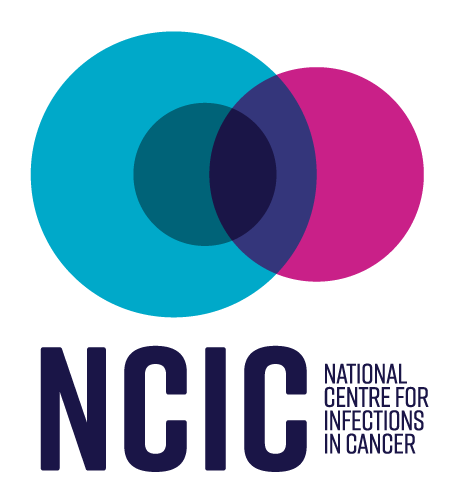EINSTEIN Project
Lead- A/Prof Leon Worth
Project Managers: Zoe Neoh and Anna Khanina
The MRFF funded (MRFCR1000188) EINSTEIN (enhancing infection surveillance to transform excellence in national cancer care) platform will utilise a digital learning health framework and novel data science to address the unmet need of detecting serious and emerging infections in the immune-compromised cancer population. We will prospectively develop a national scalable system standardising digital algorithms that will support the continual improvement and validation of existing and new algorithms in a research environment. We will then facilitate the supply of algorithm outputs to clinicians by building a clinical portal to accommodate everyday workflows in an electronic health record environment for regular clinical use.
Related Publications
SIRCA- Surveillance of IR-Colitis using AI
PhD Student - Dr Jasmine Teng
Immune checkpoint inhibitors (ICI) have revolutionised the treatment landscape of solid cancers over the past decade. However, their use is complicated by an array of significant auto-immune adverse events. IR-colitis, an auto-inflammatory condition of the colon, impacts up to 30% of patients. Moderate-to-severe cases of IR-colitis can lead to significant morbidity such as gut perforation, infection and death.
In Australia, monitoring systems for IR-colitis are not routine and data concerning healthcare costs within this cohort are lacking. There is also heterogeneity in treatment approaches for patients with IR-colitis. Challenges in case-finding and standardised classification of cases using existing data frameworks hamper real-world research in this area.
This project aims to: (i) develop a digital tool that enables case-finding, and (ii) map the clinical care pathways of patients with IR-colitis by applying artificial intelligence methods to electronic medical record data captured as part of routine clinical care. A multi-specialty team from Internal Medicine, Oncology, Health Services Research and Biomedical Informatics will be engaged using a Learning Health Systems framework to facilitate this research.
Important outputs of this project include a scalable, inter-operable, case-finding digital tool which supports descriptive epidemiology of IR-colitis; description of key events in workflow and turnaround times within the healthcare delivery process for patients with IR-colitis; and reporting of healthcare costs related to management of IR-colitis.
Dr Priya Garg, NCIC Clinician and PhD candidate
INTERACT Study (Infection Prevention and Surveillance in the Care of the Australasian Cancer and Transplant population)
PhD student- Dr Priya Garg
Infection is a common and often preventable complication in the cancer (haematological/oncological) and transplant (solid-organ/stem-cell) population, contributing significantly to critical illness, death and healthcare expenditure. Currently there is no national monitoring/reporting programme (surveillance) for key pathogens amongst this vulnerable cohort, nor Australasian consensus infection prevention framework specific to the needs of the high-risk immunocompromised host.
The INTERACT study aims to broadly establish knowledge as well as current clinical practice and resourcing in infection prevention and control and surveillance for opportunistic and healthcare associated infection in the care of acutely unwell adult cancer and transplant patients hospitalised in Australasian healthcare facilities.



